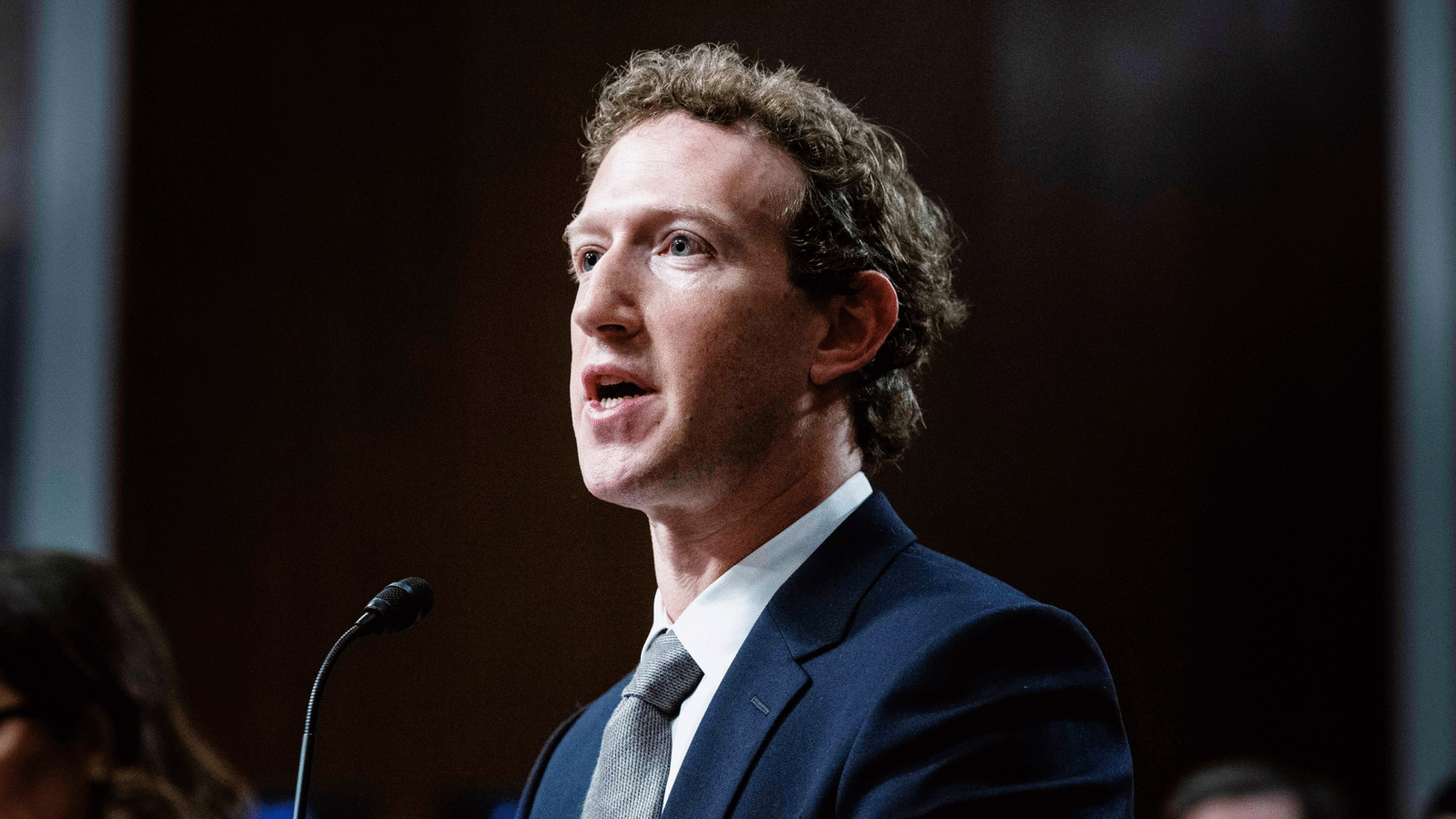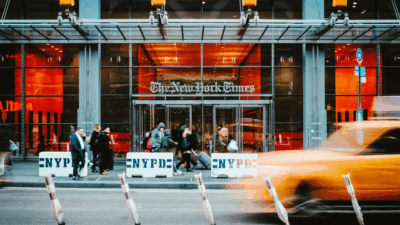
Sign up for smart news, insights, and analysis on the biggest financial stories of the day.
We’ve all thought about quitting Twitter. Yesterday, CEO Jack Dorsey actually did.
The social-media behemoth’s famously hands-off co-founder is leaving a company whose outsized role in the public square has outpaced its stock market stature — especially compared to its competition. So let’s break it down.
The ‘Twit’ in ‘Twitter’
Twitter stock was offered at $26 a share in 2013 and soared 73% on its first day to $44.90. On Monday, it opened at… $46 per share. That stagnant stock is indicative of a company — and, let’s face it, a CEO — that has failed to attract new users and struggles to monetize the ones it has.
Stacked up against Facebook’s, Twitter’s growth looks Meta-bad:
- The company counted 211 million monetizable daily active users in its latest earnings report, paltry compared to Facebook’s reported 1.93 billion DAUs (plus an estimated half billion on its sister-social, Instagram).
- In 2020 — a boom year for Big Tech — Facebook generated nearly $86 billion in revenue (including $24 billion from Insta), while Twitter posted a measly $3.72 billion.
Fleeting Features: “Twitter’s been undermanaged, and there’s been a lack of execution,” Brad Slingerlend, a Janus Capital Group tech fund manager, told Wired in 2017. The new features Twitter has introduced have gotten mixed results. Its Snapchat Stories clone Fleets lasted less than a year, and Twitter shuttered Vine, the proto-TikTok app, four years after it was acquired for just $30 million in 2012. Earlier this month, Dorsey established a dedicated crypto team at Twitter, and while it’s unclear what function it will serve on the platform, it is a sector befitting Dorsey’s other major tech company.
Square One and Only: Speaking of… Dorsey has been pulling rare double-CEO-duties by also running fintech company Square Inc. The split-time was a motivation behind a Twitter shareholder group’s attempt to oust him as CEO last year. But Square is having much greater success, with its market cap growing from $2.9 billion upon its 2015 IPO to nearly $100 billion today and more than double Twitter’s. At least he’s doing something right.











